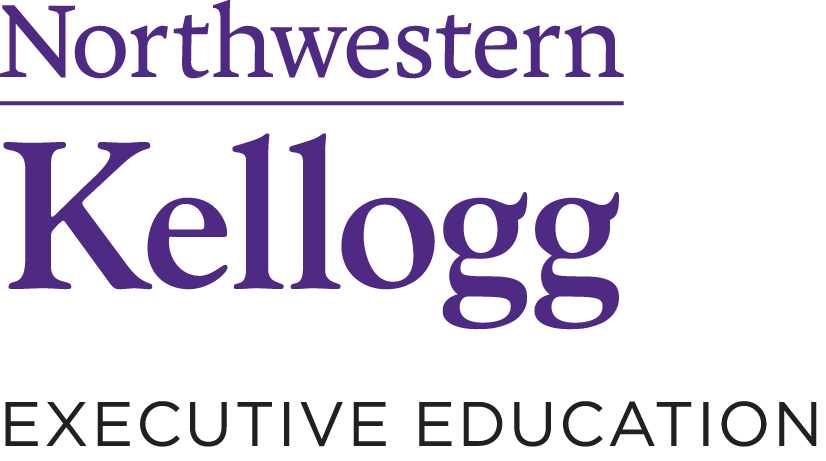- Leadership
Become the Best through Values-Based Leadership
Best self. Best team. Best Partner. Best investment. Best citizen.
In November 2002, an article in Fast Company described how Harry Kraemer, the CEO of multibillion-dollar global health care company Baxter International, had apologized for an error in a dialysis product that had caused the deaths of patients in the United States and Europe. For many observers, the apology could have been avoided. The cause of the deaths was difficult to determine, the company had just acquired the subsidiary involved, and blame could have been placed on a Fortune 500 supplier whose processes were involved in the deaths. As the article notes: “Baxter's response to its filter crisis wasn't perfect. But Baxter's CEO owned up to the situation. He told the truth. He took responsibility when it would have been easy not to. His company took a $189 million hit, and he recommended that the board reduce his bonus. In other words, Kraemer did the right thing.”
After leaving Baxter, Kraemer returned as a professor to his business school alma mater, Northwestern University’s Kellogg School of Management, where through a number of years he developed the principles of what he called “values-based leadership.” Those principles became the basis of his 2011 book, From Values to Action: The Four Principles of Values-Based Leadership. Authentic leadership driven by values, he wrote requires:
-
Self-reflection: taking the time, every day, to reflect on what you stand for, what your values are, and what is most important to you.
-
Balance: gaining an “above the tree line” understanding of situations by seeing them from different perspectives and viewpoints.
-
True self-confidence: recognizing your strengths but also your weaknesses, and having the confidence to believe you can do better.
-
Genuine humility: never forgetting where you came and treating everyone with the respect they deserve.
Four years later, after speaking to more than 500 groups around the world about values-based leadership and fielding questions on how to apply, in practical terms, these four principles, Kraemer returns with his second book, Becoming the Best: Build a World Class Organization through Values-Based Leadership.
Applying values-based leadership to your organization requires becoming the best in the five areas that form the five sections of the book:
-
Best self. To lead others, you must first know yourself and lead yourself. The four principles of self-reflection, balance, true self-confidence and genuine humility are the foundation of your best self.
-
Best team. Kraemer has always preferred the term “team member” to “employees.” Everyone on a best team believes in what they do. The key is to link the contribution of each individual to the goals of the organization.
-
Best partner. The next step is to develop strong mutually beneficial relationships with the right vendors and suppliers in order to fulfill the number one goal of great customer experience.
-
Best investment. Leaders must fulfill their responsibility to stakeholders by applying organizational values and steward leadership to create a meaningful return that is both monetary and beyond money.
-
Best citizen. The final step is to fulfill the greater mission of a values-driven leader and a values-driven organization: to make a difference in the community and the world.
Each section of the book is anchored by two in-depth case studies that demonstrate the theory in action. The best team section, for example, examines Campbell Soup’s radical turnaround of a demotivated, dysfunctional team, and the creation of a best team from scratch by Fieldglass, a vendor management system start-up eventually sold to SAP for a reported $1 billion. The case studies effectively illustrate Kraemer’s framework, but the true source of the book’s credibility remains Kraemer himself. As with his previous book, he will donate all proceeds from Being the Best to the One Acre Fund, an organization that battles hunger in East Africa: nearly a decade-and-a-half after the admiring Fast Company article that lauded his values-driven leadership, Kraemer is still doing the right thing.
The Kellogg School of Management at Northwestern University is recognized globally as a pioneer in general management education that offers innovative academic opportunities for today’s leading thinkers
ARTICLES YOU MIGHT LIKE
RESEARCH
Why organizational resilience requires adaptive leadership particularly in times of crisis
DEVELOPING LEADERS QUARTERLY MAGAZINE AND WEEKLY BRIEFING EMAILS


































